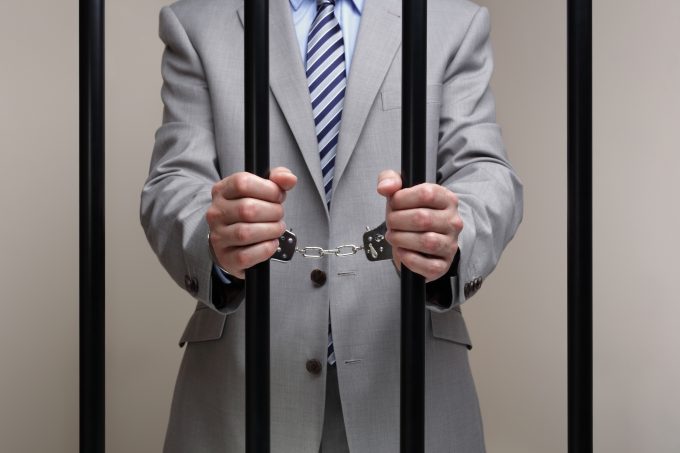UK competition watchdog issues objections to GXO's $1bn Wincanton buy
GXO’s tabled £960m ($1.2bn) takeover of UK contract logistics operator Wincanton was thrown into doubt ...

�
The weather on the day that I visited prison was perfect for the occasion: it was grey, dreary, cold. Along the interstate leading up to the ‘correctional facility’ stood countless small churches with large billboards providing advice on how to find redemption.
This put a smile on my face, despite the circumstances. But it soon disappeared when I arrived. The facility, with its watchtowers and barbed wire, was no smiling ...
New senior management for DSV as it readies for DB Schenker takeover
Volumes set to 'fall off a cliff' as US firms hit the brakes on sourcing and bookings
'Tariff madness' will prompt renegotiation of ocean shipping contracts
Response to tariffs by Chinese importers may see extra costs for US shippers
FedEx and UPS add 'China fee' ahead of the end of de minimis
Carriers warn of delays as congestion increases at North Europe's ports
Hongkong Post suspends services to 'unreasonable' and 'bullying' US
White House moves create yet more stormy water on the transpacific

Comment on this article
Adriaan Groenendijk
September 18, 2018 at 9:06 pmSoldiers die in battle; generals in bed.
Chapeau, well written.
Ross Delaney
September 18, 2018 at 10:23 pmBase air freight rates during the period of said collusive practices moved independently of fuel surcharges in a liquid non contracted term rate market.
Often base rates dropped immediately after fuel surcharges were applied, or a cut in one was brought to the table with an increase in the other. A liquid market price remained the outcome on most sectors.
A number among the air carrier executive cohort at that time fixing surcharges were motivated by trying to keep fixed lease general market scheduled freighter capacity rotations in the air through non peak troughs in the face of pure belly carrier & integrator competition. They took their lead from the then already fading ocean conferences.
Sadly, we surmised at the time that we were observing form winning over substance, with state sponsored lawyer gangsters supporting a couple of champions at the expense of maintaining liquidity & supply diversity in markets.
If you want to look for scandals look within the same supposed anti-trust regulatory activist markets where domestic transportation pricing reflects deep declines in productivity from the noughties onward, while further noting the lack of correlation between fuel price movement and bundled market prices paid by industry in a less diverse market during that same period.
In terms of form, carriers now school themselves in determining and acting upon their interests combined with judging those of their competitors when raising rates. In recent times there is hence a lesser need to collude with competitors, or price signal, or directly discuss capacity supply with competitors (leaving aside whether capacity planning through ACMI lease contractors is internal or external).
With reduced competition they can now trust that their competitors will act rationally in their mutual interest (because each have a lawyer school them on maintaining form after delivery of the same internal compliance instruction as received by their competitors).
All the above is fine, dandy, and would be more lucrative for asset carriers as long as supply and demand trajectories in markets/trade is predictable. The record there, however, is as unimproved as in geopolitics.